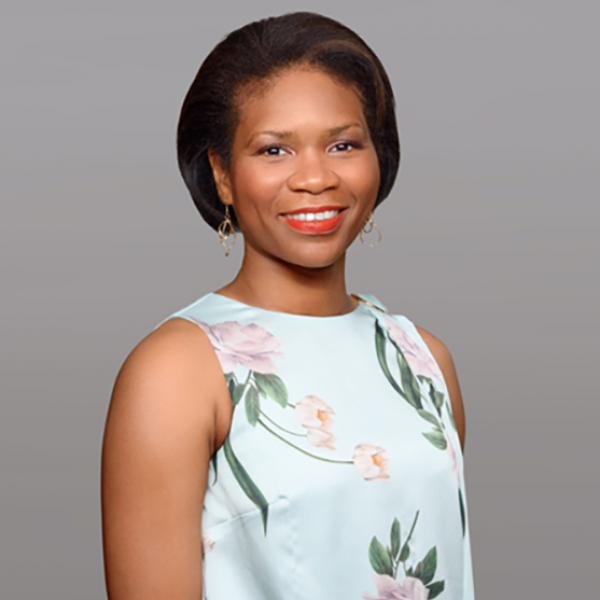Inequality and Intersectionality
This workstream focuses on intersectional inequalities in healthy ageing and multimorbidity.

About
This workstream focuses on intersectional inequalities in healthy ageing and multimorbidity. We know that social determinants of health are chiefly responsible for variation in health outcomes, and inequalities pattern exposure to these determinants over the life course.
Taking an intersectional perspective recognises that inequalities and their determinants are complex and multi-dimensional. This workstream is explicitly interdisciplinary, aiming to generate collaborations across social science, public health, medicine and beyond.
The workstream runs a range of activities:
- Applying for large-scale grants and PhD studentships.
- Holding interdisciplinary workshops and training events to strengthen capacity and to support ECRs.
- Seeking internal and external funds for methods development, external exchange visits, targeting health policy opportunities, accessing datasets and other pump priming activities.
- Supporting fellowship applications.
- Working collaboratively with non-academic stakeholders, specifically on translational research.
This workstream involves mixed methods, reflecting the diversity of approaches and health inequalities taken within intersectionality research.
The team has expertise in advanced quantitative approaches to intersectionality, helping to develop the MAIHDA approach. Our members also focus on qualitative, participatory and creative methods.
We aim to employ a co-production approach, consistent with intersectionality principles on equitable power dynamics in the research process.
Workstream leaders
Case study
The Chronic disease and healthy ageing at the intersections: social locations, biomarkers, and health practices project funded by the Economic and Social Research Council applies intersectionality theory to understand diverse inequalities in later life health and illness, especially chronic diseases, and factors across the life course that shape these inequalities.
Specifically, the project explored how different forms of inequality, such as those related to age, gender, ethnicity and socioeconomic position interact over the life course to lead to diverse differences in later life health. More details about the project can be accessed here: http://intersectionalhealth.org




